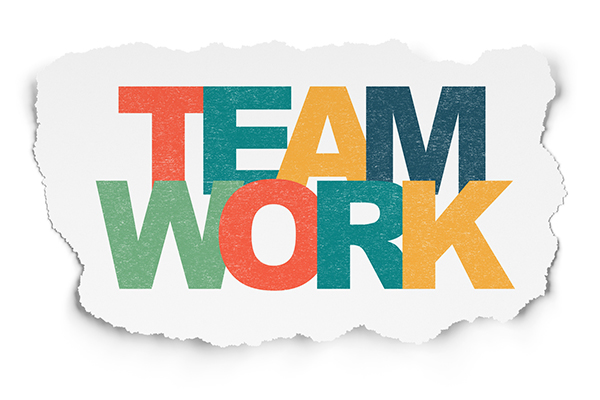Thanks to Agile, You Can No Longer Be a Selfish Tester

It’s common—and human, really—to put the success of your own career above anyone else’s. As a tester, you want your project to be successful, but really, you’re often much more worried about your individual role and skillset evolving rather than the team, the business, or even the application you might be working on.
Much of that is due to the residual impact of waterfall, which places an emphasis on role-by-role or activity-by-activity work rather than the big picture. It’s about hand-offs as the model for delivery unlike more modern, collaborative agile approaches.
Now, you can still go that route, but according to Bob Galen, an agile methodologist, practitioner, and coach, you achieve much greater things if you trust your testing team and focus on the entire software lifecycle rather than your own personal goals.
Over the years, agile has made it difficult to be both selfish and successful as a tester.
“[Waterfall] didn’t foster teamwork across the silos. Instead, it reinforced us versus them behavior all along the delivery pipeline. From that perspective, thank goodness that agile emerged as a different approach,” Galen explains in a recent interview with StickyMinds. “Nowhere can this be seen more clearly than the divide between ‘developers – them’ versus ‘testers – us.’ And this divide is still alive and well today, even after twenty years of experience with the agile methods.”
It’s not easy to just flip a switch and say, “OK, the process and team as a whole are more important than myself.” In basketball, for example, individual points, rebounds, assists, and other accolades help you garner more attention from teams and result in much greater paydays. However, if your team always makes the extra pass and is more worried about a balanced offense and defensive strategy (like the San Antonio Spurs), wins and championships often follow.
Before you can help lead a successful testing team, you need to learn how to follow. And today, it’s critical to invest in the success of your team and company in order to get the best out of your situation. Being selfish is easy—understanding how to function as a group and pulling yourself back a bit is much harder.
“Sure, you count as an individual tester or test leader and you should develop yourself,” Rice continues. “But, the real differentiator is how you work in groups, in teams, and how you contribute and influence those teams towards excellent delivery. Delivery of results. Not YOUR results, but THEIR results.”

